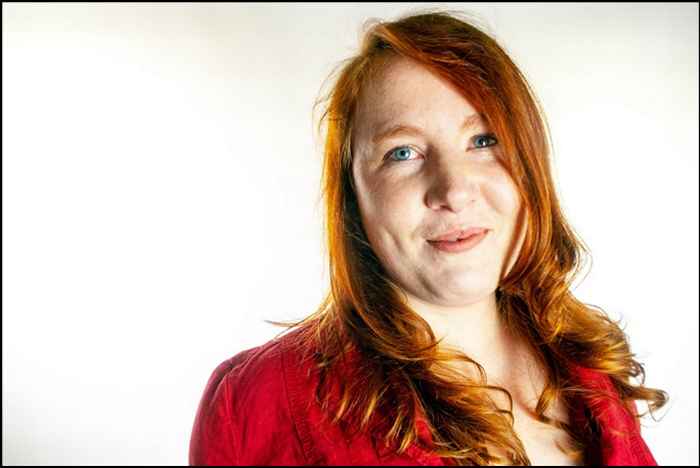Familism versus Gender Freedom? 200 Years of Western Struggles over the Family
A lecture by Sophie Lewis
- Date
- 12 February 2024
- Time
- 15:30 -17:00
- Location
- Roeterseilandcampus - building A
- Room
- B5.12

Revisiting History
For over two centuries, sex radicals, feminists, and queer utopianists have dreamed of post-capitalist horizons of collective childrearing, generational de-segregation, and de-privatized social reproduction. Although often disavowed (especially from the eighties onward), this history is in fact a rich and diverse one which includes, for example, designs for Fourierist phalansteries, sf literatures about post-gender utopias, experiments in unschooling, "youth liberation" conferences, communes, kibbutzim, "kitchenless" cities, and Black "third world" gay and lesbian organizing in the US around welfare, family policing, and the conceptualization of children as private property. While not always wedded to the language of "family abolitionism," prior to the eighties, diverse movements were overtly critical of familism, the "familialization" of politics, marriage, adult supremacy, and the private nuclear household. So, what happened to this "red love" imagination, and what, if anything might it offer us in the present?
Looking forward
Today, right-wing forces are driving a wave of renewed enthusiasm for the male-breadwinner model of hetero-domesticity typically associated with the fifties; from so-called "tradwives" to anti-trans "parental rights" activists and even avowed "pro-life feminists" and "reactionary feminists." The traditional patriarchal division of household labor is in fact accessible only to very few people in 2024, but nevertheless appeals to increasingly many - as an image of sovereignty, unchallenged cissexuality, right reproduction, and patriarchal authority - at the level of cos-play, fantasy, and aesthetics. The outlook for trans youth, in particular, appears bleak. How might revisiting the post-fifties archive of radical anti-familial rebellion, especially the purposively forgotten and buried archives of youth liberation and family abolition, help "educate our desire" for reproductive justice and gender freedom in the twenty-first century?
About Sophie Lewis
Sophie Lewis is a writer and freelance independent scholar living in Philadelphia. She is currently at work on a third book manuscript entitled Enemy Feminisms, forthcoming with Haymarket. Her first two books, both published by Verso Books, are Full Surrogacy Now: Feminism Against Family (2019) and Abolish the Family: A Manifesto for Care and Liberation (2022). Sophie’s essays and articles appear in academic journals like Feminist Theory as well as literary ones like n+1, Harper’s, and the London Review of Books. Sophie has a PhD in Geography at Manchester University, as well as an MA Politics from the New School, and a BA in English literature from Oxford University, which was followed by an MSc in Environmental Policy (also at Oxford). Dr. Lewis teaches short courses on social and critical theory at the Brooklyn Institute for Social Research, open to all and online. She also has a visiting affiliation with the Center for Research on Feminist, Queer and Transgender Studies at the University of Pennsylvania. You can find her lectures and writings at lasophielle.org, and become a subscriber at patreon.com/reproutopia.
